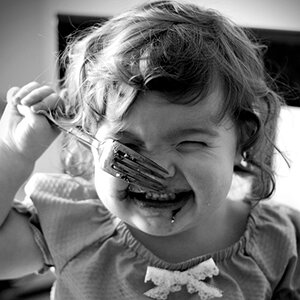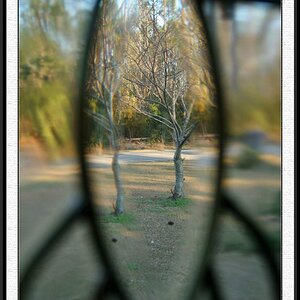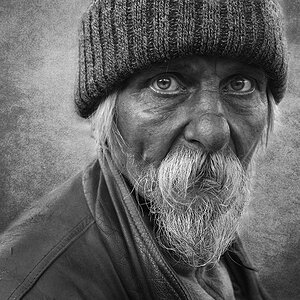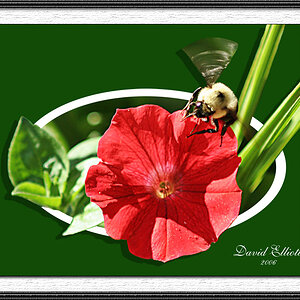Gary A.
Been spending a lot of time on here!
- Joined
- Sep 17, 2014
- Messages
- 22,357
- Reaction score
- 7,540
- Location
- Southern California
- Website
- www.garyayala.com
Remember that feedback/critiques are generally all opinions. Take what works for you but remember that even if it doesn't work for you, someone, (in this case moi, lol), took the time to offer you advice.






![[No title]](/data/xfmg/thumbnail/39/39288-2d76486ccc9042c6fb525aaaaffff1fb.jpg?1619738957)




![[No title]](/data/xfmg/thumbnail/34/34134-d2249816e46b705693bfc543c9b1f481.jpg?1619736306)


![[No title]](/data/xfmg/thumbnail/39/39286-ae386da044402acf92e55d8b68c26af3.jpg?1619738956)